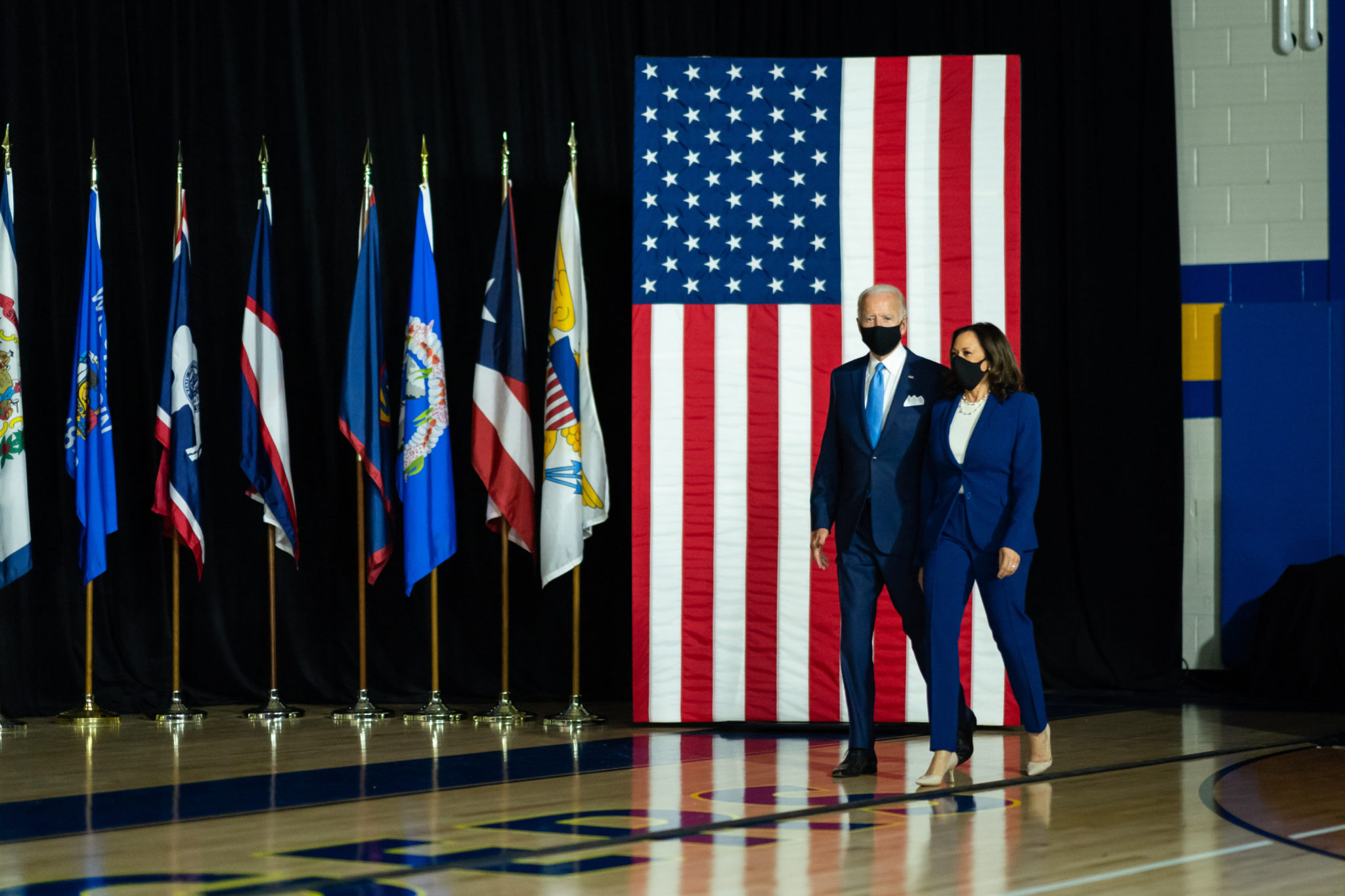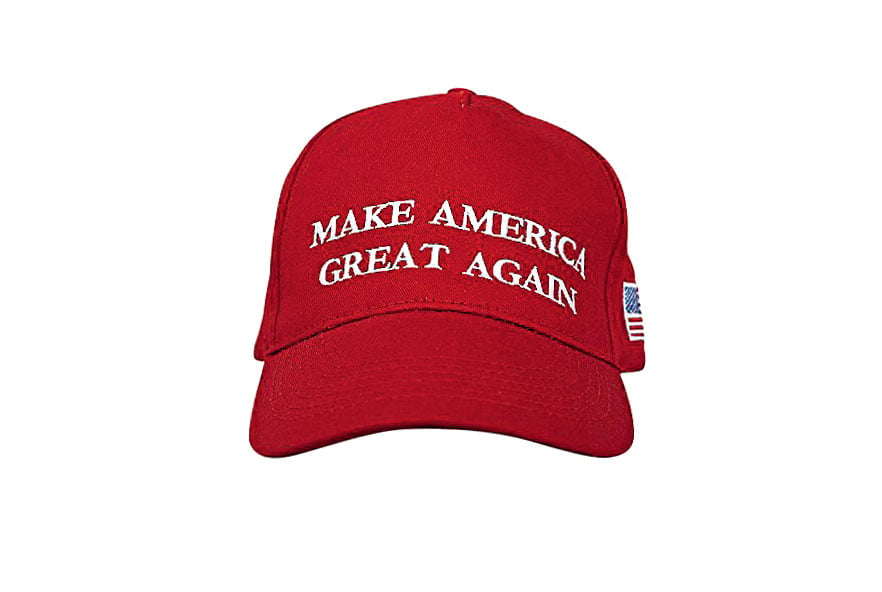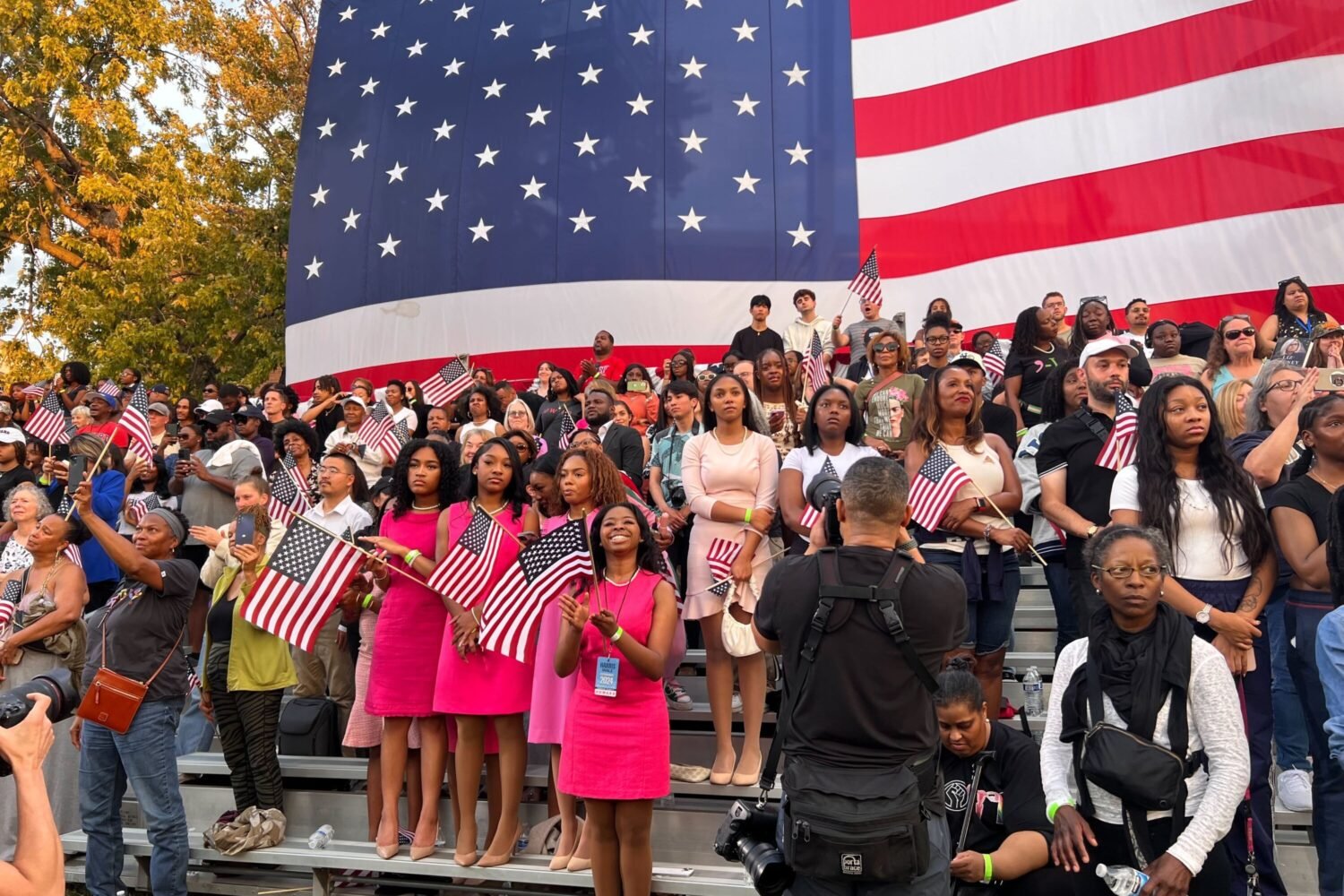Under the 45th President, federal workers were vilified, permanent Washington was sidelined, and social sightings of the First Family were few and far between. What will the Biden presidency change most for the region where we work and live? We asked five hometown authorities.
K Street
Scott Pastrick, Democratic lobbyist; president and CEO of Prime Policy Group:
“With a divided government—if we assume that’s where we end up—the Biden team is going to have to play to the middle and work the edges on policy. I think that’s where the government-relations folks come into play, because they are going to understand and counsel clients that if you want to partner with these guys, you’re going to have to do it in a bipartisan fashion.
“You’ve got one President, [Trump,] who centralized everything in the White House, and the opposite is going to happen with Biden. He is going to decentralize, so policymaking is going to [take place in] the cabinets, the agencies. As opposed to this administration, where everything starts and stops in the White House. Those lobbying firms that popped up overnight and took advantage of a transactional presidency and a broken process—those are the very firms clients are looking at, saying, ‘There’s not a lot of value there anymore.’ I suspect you will see some waning of client activity and eventually a waning of those companies. The firms that have futures in [Biden’s] Washington, however, are those that are bipartisan and have expertise in verticals. Strategic firms that understand the complexities of government.
“The Obama administration was very fast to put some important rules in place about how they were going to operate in a government-relations/policy world. What that forced K Street to do was figure out how to navigate that world constructively. We began to build blueprints for CEOs and general counsels who were not registered federal lobbyists but were real stakeholders from a corporate perspective. They were the messengers sitting down with the White House people. I suspect that model may be very important to this administration—I believe the Biden team will be very much like the [Obama] team when it comes to how much interaction will play with downtown.”
Back to TopThe Local Economy
Stephen Fuller, founder of GMU’s Stephen S. Fuller Institute for Research on the Washington Region’s Economic Future:
“The Trump administration was particularly difficult on Washington. Federal workers had pride in their workplace, and that’s been substantially undermined. I think they will be made to feel better about their employer [after inauguration]. There were little erosions [to the local federal workforce]. Perhaps the most visible was the cancellation of the new FBI headquarters building. There’s some expectation that it may get put back on the burner with new leadership in GSA. Prince George’s County thinks they’re favored. I wouldn’t rule out Fairfax County yet, either. In any event, it certainly would benefit the region. The redevelopment of that [old FBI] site in downtown Washington would advantage the business face of DC, which has been further weakened by the pandemic—which is a new argument to do this that didn’t exist [before].
“On the domestic-spending side, this may be wishful thinking, but it’s about time for federal investment in infrastructure. Given the need for both sides of the aisle to get together on something, this is where they may find common ground. That would certainly help every state, but the Washington area has particular challenges with its infrastructure. Not just highways and bridges but water and sewer and parks. Those things that contribute to one of Washington’s strongest advantages—its high quality of life. The District and Northern Virginia and suburban Maryland are often used by administrations to highlight their programs, to be laboratories for new initiatives. [For example,] the Potomac River is pretty darn clean now. Efforts to do that were certainly strengthened by being in the nation’s capital.
“Washington has had difficulty attracting people to move here in the past few years, [in part] because of its declining reputation. At the same time, the rest of the country has been growing quickly, recovering from the Great Recession. I think [it will help reverse] the out-migration if the new administration is able to create a positive image about government again. Once tourism picks up post-vaccine, more people may want to come to Washington. They may have deferred trips because the reputation was tarnished. And this sounds biased, but if you think of who the voters were who supported Biden versus the voters who supported Trump, [Biden’s] may have more spending power. It could very well be helpful.
“The times are positive. The first half of next year will be better than the last half of ’20. In 2022, we’ll be over the hump. Over the course of a couple of years, there will be some noticeable improvements in the psychology of the region, the consumer confidence of the region, and also the economy that goes with that.”
Back to TopThe Federal Workforce
Jacqueline Simon, public-policy director of the American Federation of Government Employees:
“I think we’ll have an end to the vilification [of federal workers], and I think we’ll see a restoration of standards of scientific integrity. We’re certainly pressing the new administration to restore rights that were taken away during the Trump administration. There was a very recent executive order that established this new category of federal employee, called Schedule F. It affected people in the GS-13, -14, -15 range, people who are experts in their fields. The Schedule F category took away their due-process rights and made them at-will employees—they would have to prove their political loyalty. We hope that [a reversal of that order] will happen on day one.
“We hope to get a pay raise. [Salaries] were actually suppressed even worse under Obama. We’re hoping Joe Biden will be better. There are also a lot of agencies that are dangerously understaffed. There was a very strong effort [under Trump] to undermine agencies, and one of the ways was to not fill vacancies. [Our members] certainly are hopeful [that morale at work will improve]. It’s been a rough four years, particularly because the only thing Donald Trump hated more than federal employees was federal-employee unions. He issued executive orders that drastically reduced our collective-bargaining rights and our ability to represent our members. We absolutely hope [those orders] will be revoked immediately.
“It will also be a tremendous relief to have a President who takes Covid-19 seriously. That’s been a tremendous struggle. We expect we will have agency management that will be more inclined to enforce rules based on scientific evidence.”
Back to TopRace Relations
Wendi Manuel-Scott, professor of history, gender, and race at George Mason University and, like Kamala Harris, a Howard University alum:
“When Biden selected Harris, there was absolutely a sense of pride. My husband immediately bought a big Howard flag. Representation matters. Seeing a Black Asian American woman as [Vice President] matters, but it also matters that part of her education was at an HBCU. I hope some of the funding and opportunities starting to flow to Howard [such as the school’s upcoming Center for Women, Gender and Global Leadership] continues. I think Kamala’s rise helps to engender a curiosity about the role of Howard students in DC and national politics, as leaders and change agents. There’s a long history of Howard grads having an important voice in DC politics.
“Literally seeing our President-elect say ‘systemic racism’ out loud was a momentous occasion. I vividly recall the Trump administration critiquing anti-racist training, anti-bias training, and critical race studies. It seemed illogical when we heard about the new policy [prohibiting implicit-bias training inside the federal government], because one of the arguments was that America is not racist. As a historian, all the evidence suggests otherwise. I have no doubt [the Biden administration] will roll that back.
“I remember the Obama administration would have these incredible cultural events, like when some Hamilton members performed at the White House. They highlighted the kaleidoscope of artists and new cultural leaders, to showcase the diversity of who we are as Americans for all the world to see. It is one way the Biden administration can begin to stitch back together the dynamic American quilt.”
Back to TopThe Social Scene
Sally Quinn, author and power hostess:
“[The Trump people] were always so uncomfortable. Wilbur and Hilary Ross probably went out more than any of them. And Kellyanne Conway was everywhere. But after she and [her husband] George started disagreeing with each other publicly, he went out a lot more and she went out a lot less. And then Jared and Ivanka—the few times I saw them, they were sort of standing alone. I went to one thing, and Ivanka came in and you could see people backing away. People literally started turning around and talking to each other like they didn’t see her.
“I think everybody is thrilled out of their minds that the Bidens will be here. And Kamala Harris is a breath of fresh air. So many of the people who are part of the [new] administration have lived here forever and know everybody, like [chief of staff] Ron Klain and [Secretary of State] Tony Blinken and [national-security adviser] Jake Sullivan. But the Bidens, they’ve never been very much part of the Washington scene, because he lived in Wilmington all those years. I don’t think that’s going to change.
“But I do think that once Covid is over, people will want to meet some of the new people, and the people who’ve been here know how important it is to have relationships in the community. I have a number of friends who know Kamala who like her very much. And I suspect she and [her husband] might be out—she hasn’t been here long enough to meet a lot of people yet. Pete Buttigieg will obviously get [an administration job]. People will love to have him around. And Stacey Abrams. It’s new energy coming into town. It’s invigorating. I think you’ll see far fewer five-inch heels and more sneakers, which is an enormous relief. And a lot fewer platinum blondes, and fewer false eyelashes.”
This article appears in the January 2021 issue of Washingtonian.








